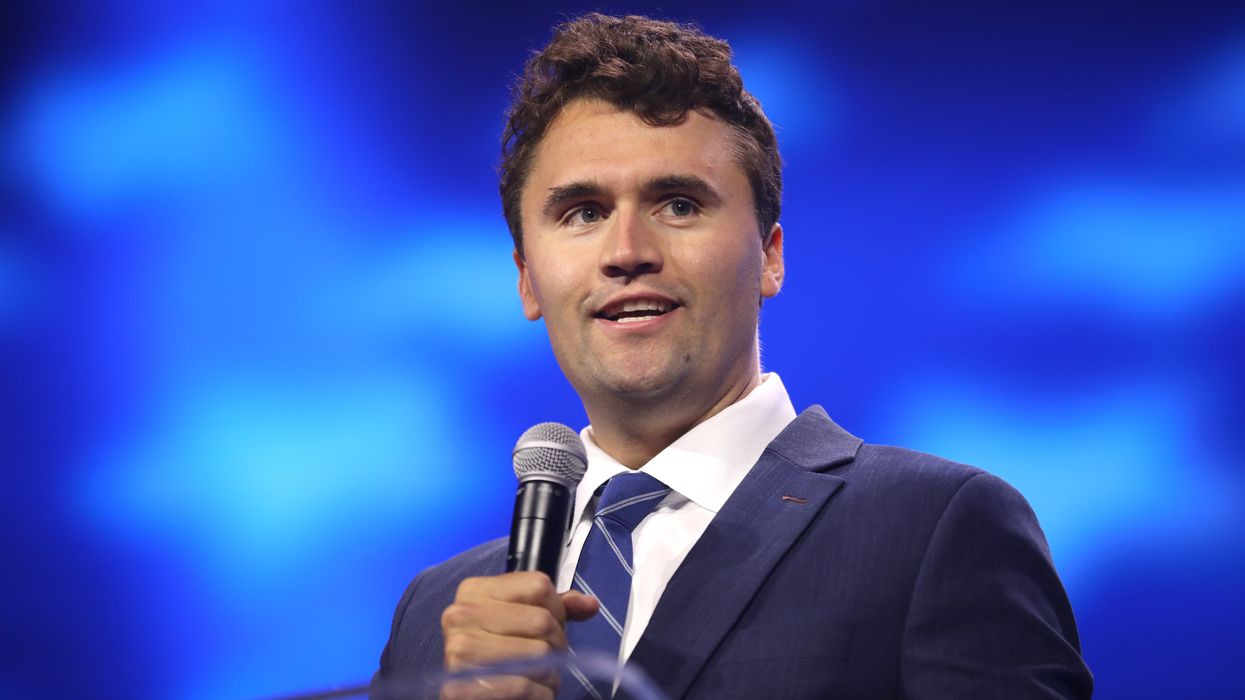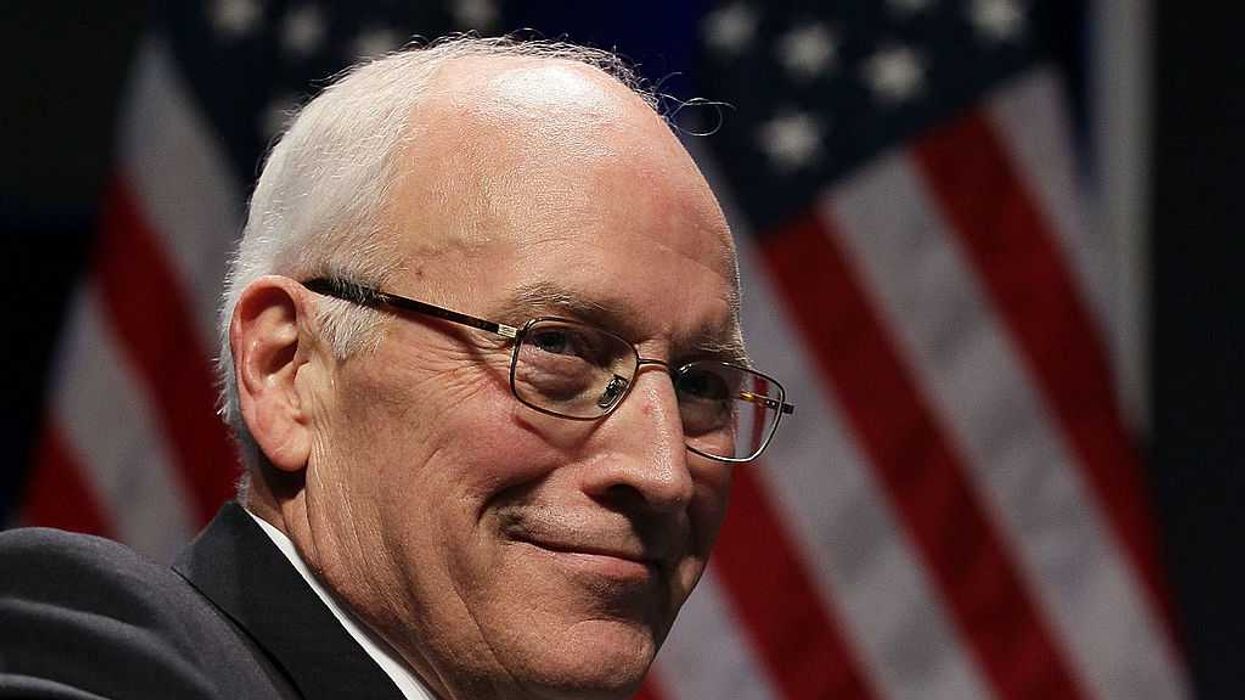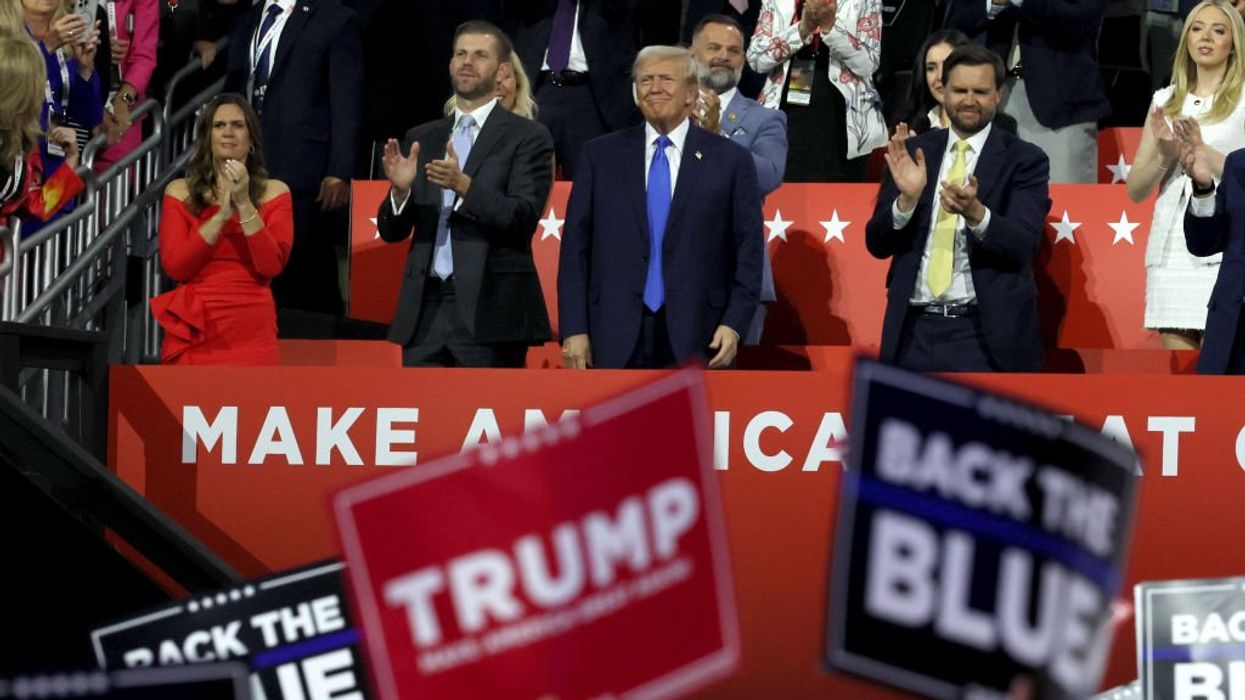Provo, Utah — A manhunt is still underway for the shooter of Charlie Kirk, the 31-year-old founder of Turning Point USA.
Two people who were considered suspects were later released as neither have “current ties to the shooting,” the Utah Department of Public Safety said in a statement.
The prominent voice in American conservatism, was fatally shot Wednesday during a campus event at Utah Valley University. The shooting, which occurred during a Q&A session of Kirk’s “American Comeback Tour,” has ignited a wave of grief, outrage, and political soul-searching across the country.
Kirk was struck in the neck by a bullet fired from a nearby building and died shortly afterward.
Video footage shows a sniper fleeing the rooftop of the Losee Center moments after the attack. Utah Governor Spencer Cox called the incident a “political assassination,” urging Americans to “stop hating our fellow Americans”.
President Donald Trump ordered flags flown at half-staff nationwide and described Kirk as “The Great, and even Legendary”.
Across the political spectrum, leaders condemned the violence. In a post on X, former President Barack Obama said, “this kind of despicable violence has no place in our democracy,” while Senator Bernie Sanders said, “We must condemn this horrifying attack.” Vice President Kamala Harris added, “political violence has no place in America."
Yet within hours, Kirk’s death began to take on symbolic weight among right-wing commentators and politicians. President Trump referred to him as “a martyr for truth and freedom” in a video address, vowing to ensure Kirk’s legacy lives on. Rep. Bob Onder and others echoed the sentiment, while hashtags like #MartyrForAmerica and #JusticeForCharlie began trending.
Some conservative voices went further. “The left are evil murdering scum who kill people or let others kill people,” posted far-right provocateur Andrew Tate on X. “THEY MUST BE HELD ACCOUNTABLE.” Jesse Watters declared on Fox News, “we’re gonna avenge Charlie [Kirk’s] death.” Elon Musk posted, “The Left is the party of murder,” amplifying the rhetoric.
Critics warn that this framing risks deepening the very polarization that may have contributed to the tragedy.
Recent surveys reveal a troubling rise in public support for political violence across party lines. Robert Pape, director of the Chicago Project on Security and Threats, described his team’s May findings in The New York Times as “the most worrisome yet.” According to the data, roughly 40 percent of Democrats endorsed using force to remove President Trump from office, while about 25 percent of Republicans backed deploying the military to suppress protests against his agenda. Pape noted that these figures had more than doubled since the previous fall, when similar questions were posed.
Kirk’s rise to prominence was marked by his ability to mobilize young conservatives through campus tours, social media, and Turning Point USA’s network of influencers. His critics accused him of stoking division, while supporters praised his unapologetic defense of traditional values and free-market capitalism.
The shooting comes amid a year of heightened political tension. From assassination attempts on President Trump to attacks on governors and lawmakers, political violence has surged across the ideological spectrum. Analysts fear Kirk’s death may mark a turning point—not just in conservative politics, but in the nation’s ability to hold civil discourse.
As the investigation continues, Kirk’s family, followers, and critics alike are left to grapple with the meaning of his death—and the future of a country increasingly defined by its divisions.
Martyrdom is a powerful tool. It sanctifies a life, simplifies a legacy, and often erases complexity. Kirk was not a saint. He was a strategist, a provocateur, a man who thrived on polarization. But he was also a father, a husband, and a citizen. His death should not be reduced to a rallying cry for retaliation.
Hugo Balta is the executive editor of the Fulcrum and the publisher of the Latino News Network.



















Trump & Hegseth gave Mark Kelly a huge 2028 gift